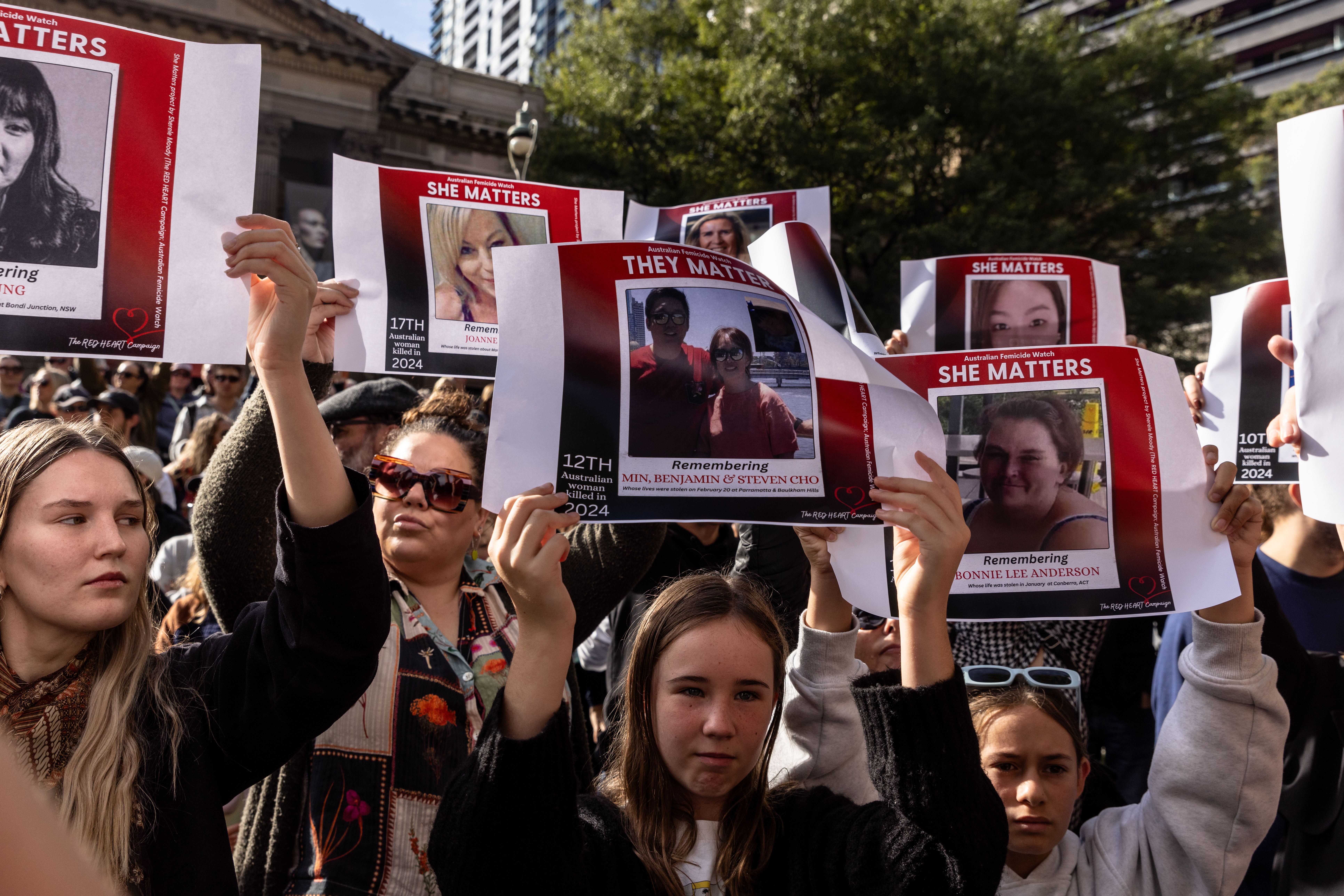UPDATE, 3/19/2012: The review of the new initiative for title and summary -- typically a six week process -- was performed in just two days. That speed, with an assist from the attorney general and legislative analyst, makes qualification much, much more likely. In this original post, your blogger had assumed that the usual rules would be followed.
When is a compromise worse than going forward with a fight?
When it's too late to compromise.
The big news today is that Gov. Jerry Brown and the California Federation of Teachers are close to an agreement on a new, compromise ballot initiative that would merge their two rival tax-hike initiatives.
Reports suggest that the new initiative would retain some of CFT initiative's highly progressive tax increases on the highest-income Californians, while reducing by half the temporary sales tax in Gov. Brown's measure.
That makes sense. So what's the problem?
Timing. If these groups had reached such a deal in January or February, there would have been plenty of time to get a compromise initiative on the November ballot.
U.S. & World
News from around the country and around the globe
But it says here that a compromise reached now may simply be too late.
Another perspective on the governor's tax deal: Brown's New Tax Move Just Might Work
Here's the problem. Even if the initiative were filed this week, the calendar simply may not have enough time for the full process of legal and fiscal review, title and summary, and signature gathering.
The reasons are technical and complicated, but here is a brief summary. The key date to keep in mind is June 28. That's the final day -- 131 days before the election -- for the California Secretary of State to determine whether an initiative has qualified for the ballot. That date is a little more than 3 months away.
But the full process takes well more than that. And the reviews and signature gathering need to be completed by early May for the measure to have a real chance.
That will be extremely difficult. Once the initiative is filed, the department of finance and the Legislative Analyst's Office have 25 days to prepare a fiscal impact statement. The attorney general has another 15 days to prepare the title and summary.
Even if the full 40 days aren't required and this politically sensitive measure is fast-tracked, it should be mid-April, at best, by the time this measure hits the streets.
Practically, that could leave less than 3 weeks to collect signatures. Why? Because the signatures must be verified. Counties are supposed to conduct a raw count of the signatures that are turned in by May 2; and by May 11, the Secretary of State must receive those raw counts from the counties and decide whether there are more than enough signatures to qualify.
In that event, the signatures are verified via a relatively quick random sample. If there aren't enough, a time-consuing full count must be conducted. In either case, that full verification must be done by the end of June.
Fearless prediction: this compromise initiative, and its backers, won't be able to make it. Yes, county election officials, the attorney general and the secretary of state can be pressured into moving faster than normal. But even then, petition circulators, contrary to common belief, are not magicians who can conjure petitions out of thin air.
California's paid-signature gathering industry can produce many signatures quickly, especially when paid millions. But producing more than one million signatures -- which will be necessary -- in less than three weeks may be more than the existing infrastructure of petition companies and circulators can handle. Firms will try to ramp up hiring, but that can take time as well, and new circulators aren't as productive, and are more prone to mistakes, than seasoned circulators.
For these reasons, the compromise is a huge logistical gamble.
The teachers' union is likely to abandon its measure; Brown's measure, which is still circulating on the streets ($1.50 per), would be the only back-up. So if the measure doesn't make the November 2012 ballot, both Brown and the teachers' union will be left with nothing for voters to cast ballots on.
It would be much safer for the two sides to agree on one measure or the other -- and figure out ways to incorporate a compromise at a later date.
Let us know what you think. Send us your thoughts via Twitter @PropZero or add your comment to our Facebook page.



